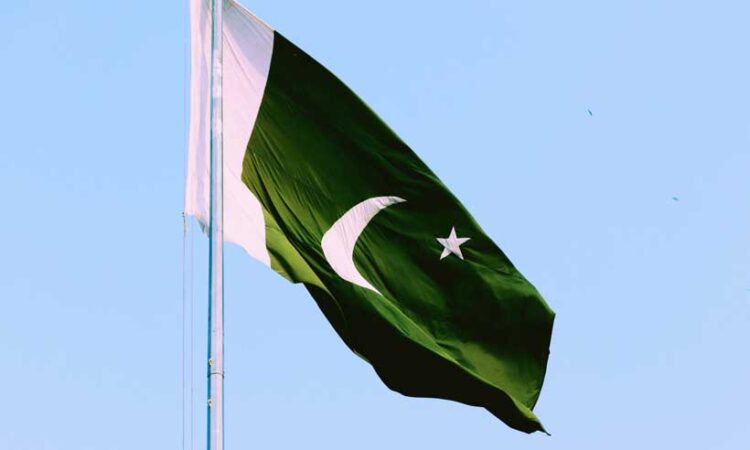
The term “economic diplomacy” describes the use of diplomatic instruments and avenues to advance and further the economic goals of a nation. This idea has been embraced by numerous nations to boost their prosperity and economic growth. For instance, China’s Belt and Road Initiative, which aims to boost trade and investment among participating nations, has made tremendous progress in economic diplomacy. As a result, China has been able to increase its economic clout and get access to crucial resources. Similarly, the United States has been promoting its economic interests through free trade agreements and other projects. These initiatives have boosted US exports and supported job growth. Overall, the use of economic diplomacy has benefited these nations’ economies by presenting fresh chances for growth and development.
Pakistan is a country with a unique set of national security challenges. Pakistan must balance a variety of internal and external security challenges since it is a nuclear-armed state located in an area plagued by political unrest. Although Pakistan has always depended on military might to protect its interests, there is a growing understanding that economic diplomacy must take center stage in the national security strategy.
Our national security thinking, which is based on the antiquated, guns versus butter debate, aims to find ways to increase economic resources so that Pakistan may simultaneously bolster its traditional and non-traditional security. The most responsible course of action is to prioritize economic security while wisely allocating the benefits of a robust economy to bolster our defense and social security.
Pakistan has many opportunities to improve its security through economic diplomacy. First and foremost, economic diplomacy can assist Pakistan in lessening its dependency on foreign aid and diversifying its sources of economic growth. Pakistan has traditionally failed to have consistent economic growth as a developing nation, with periodic periods of instability and need on outside aid. By utilizing economic diplomacy, Pakistan can entice international investment and secure advantageous trade agreements that can promote economic growth and lessen the vulnerability of the nation to outside shocks.
Economic diplomacy may be even more crucial for Pakistan than for other nations because of the nation’s particular security issues. Pakistan can improve its security and stability in a world that is changing quickly by using its economic might to diversify its sources of growth, solve urgent security concerns, and balance out regional adversaries.
Dr. Mueed Yousef (Former National Security Advisor) said, “Our national security thinking seeks to identify means of expanding economic resources such that Pakistan can simultaneously strengthen its traditional and non-traditional security. The most prudent approach is to keep economic security at the core, and judiciously transfer the dividends of a strong economy to further strengthen our human security, defense, and diplomacy.”
Eventually, by using economic diplomacy to attract foreign investment and forge economic ties with other nations in the region, Pakistan can increase its own influence and counterbalance the growing influence of regional powers such as India and China, both of which have made significant investments in Pakistan’s neighbors, including Afghanistan and Bangladesh.
Pakistan has the ability to change course and head for a more stable and prosperous future. Just as China’s economic diplomacy has been a cornerstone of its global ascension. Pakistan too has the ability to harness the force of economic cooperation to bolster its national security system and establish itself as a strong participant on the international stage.






